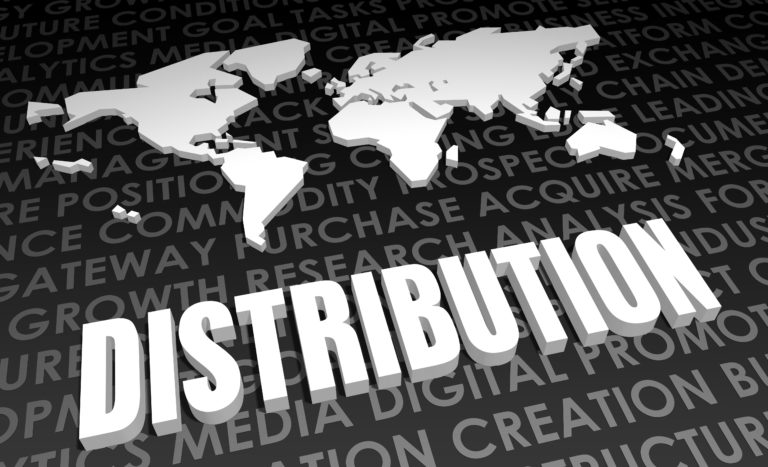
Lessons from Singapore’s First Ambassador Tommy Koh
I recently returned from a World Trade Center Utah delegation to Singapore, where I attended a briefing with Singapore’s first ambassador, Tommy Koh. Koh is a legendary diplomat and international law professor who humbly describes himself as a “founding servant” of Singapore. His list of accolades and professional accomplishments is significant, as well as his



















